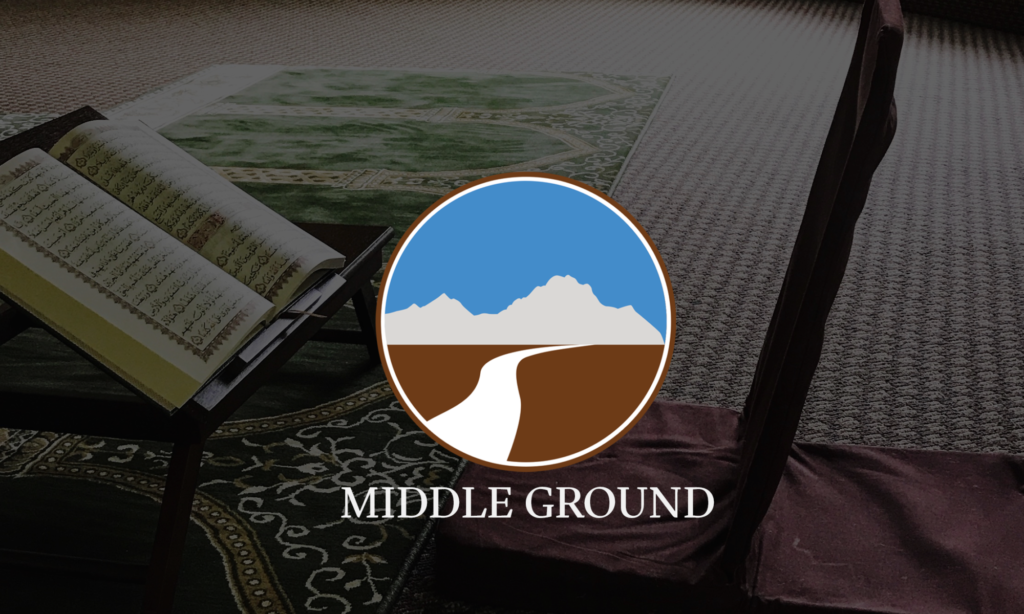Four Ways of Embodying the Qur’an
- Tongue.
- Heart.
- Intellect.
- Limbs.
The Tongue
رَبِّ هَب لي حُكمًا وَأَلحِقني بِالصّالِحينَ
وَاجعَل لي لِسانَ صِدقٍ فِي الآخِرينَ
“[Abraham prayed], “My Lord! Endow me with wisdom and make me one of the righteous. Let my reputation be carried on the tongues of honest people in coming generations.” Qur’an 26: 83-84
The Heart
ما جَعَلَ اللَّهُ لِرَجُلٍ مِن قَلبَينِ في جَوفِهِ
“God hasn’t placed two hearts in any man’s chest.” Qur’an 33: 4
Part of having a sincere heart is knowing to whom your allegiances lay with. Who is your master? Whom do you serve?
The Intellect
وَاللَّهُ أَخرَجَكُم مِن بُطونِ أُمَّهاتِكُم لا تَعلَمونَ شَيئًا وَجَعَلَ لَكُمُ السَّمعَ وَالأَبصارَ وَالأَفئِدَةَ ۙ لَعَلَّكُم تَشكُرونَ
“He’s the One Who brought you out of the wombs of your mothers when you didn’t know a single thing. Then He placed within you the abilities of hearing and sight, as well as intelligence and affection, so you could learn to be grateful.” Qur’an 16: 78
What’s the purpose of the mind? To solve crossword puzzles? To be smart? Or, to be thankful. For humans at least, it is going to take a sharp mind on how to be thankful so that one worships God appropriately, not as if God were a mere work of art or a talented artist.
The Limbs
تَتَجافىٰ جُنوبُهُم عَنِ المَضاجِعِ يَدعونَ رَبَّهُم خَوفًا وَطَمَعًا وَمِمّا رَزَقناهُم يُنفِقونَ
“Their bodies propel them to rise restlessly from their beds (at night) so they can call upon their Lord earnestly in hope and fear, [1834] and they spend (in charity) out of the resources that We’ve given them.” Qur’an, 32: 16
It’s the limbs which pull us out of our beds, that drag us from laziness, from apathy. Not unlike working out, exertion taxes the limbs but in doing so engenders a feeling of euphoria in the mind (endorphins).
Embodiment of the Qur’an and the Sunnah1 equals articulate, grateful, compassionate, action. It means seeing, hearing, experiencing the values of the Qur’an and Sunnah wherever we are: our homes, our places of worship, our workplaces, etc. Even within our “3 feet of space” there should be something of Allah’s Book and Messenger manifest, or embodied.
For more on embodiment see The Walking Qur’an, by Dr. Rudolph T. Ware III. Ware III, Rudolph T.. The Walking Qur’an: Islamic Knowledge, Embodied Knowledge, and History in West Africa. Chapel Hill: The University of North Carolinea, 2014.
